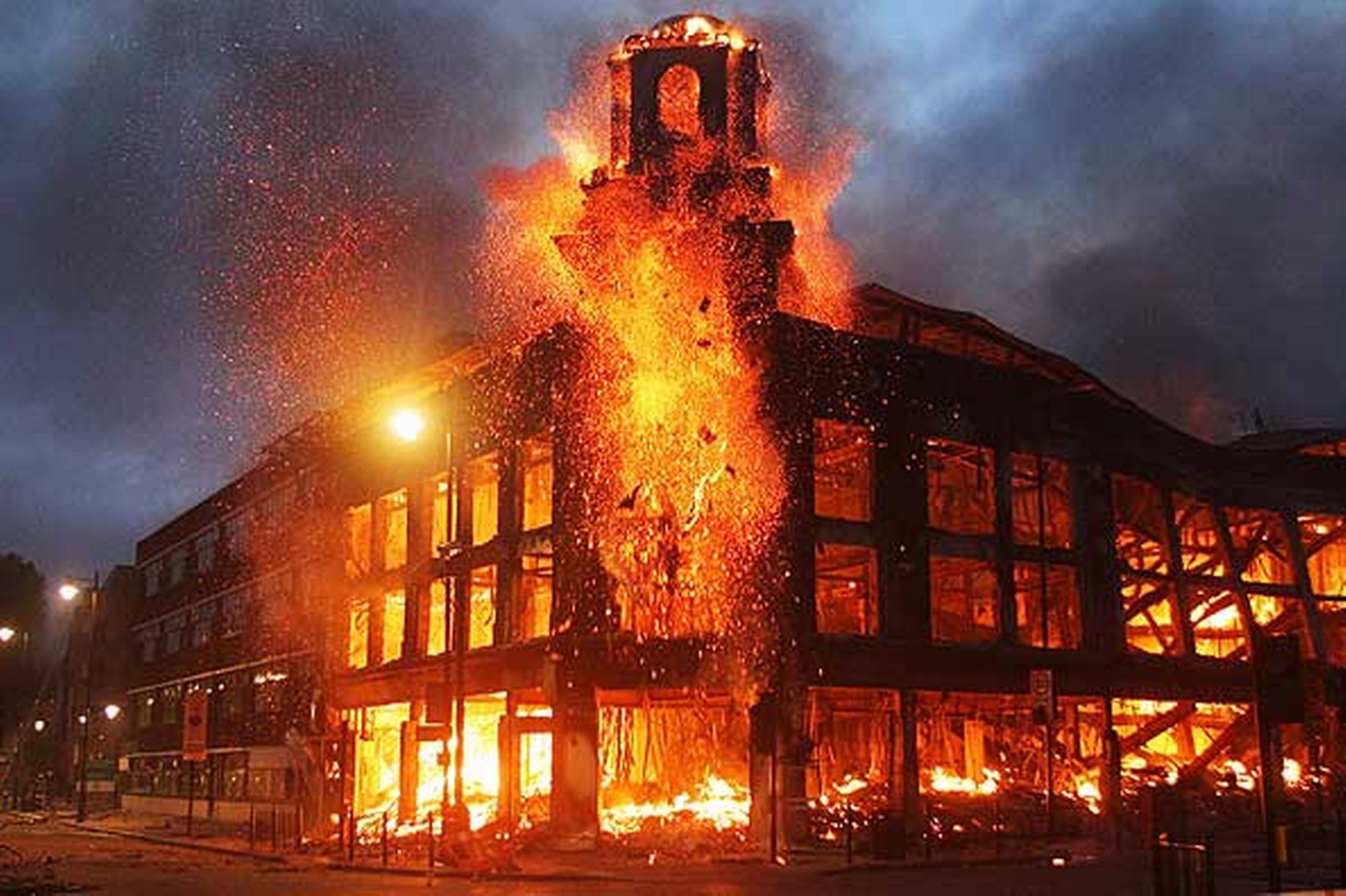Politico released a report earlier this year on the surge of fires and explosions at cannabis extraction factories.
It tracked ten occurrences when hash oil was extracted during the previous five years.
According to the post, “Extracting hash oil from cannabis is risky since it often entails pouring extremely flammable butane or some other volatile solvent into a cannabis-filled pipe.”
These often fatal events serve as a cautionary story for one of the country's fastest expanding businesses. “...labor unions say that state governments are moving too quickly to license manufacturers, surpassing the states' abilities to examine manufacturing sites for possible safety violations,” according to Politico.
We've already discussed the need of physical and cyber security for cannabis businesses, and this time we'll talk about the relevance of fireproofing your cannabis facility.
Learn More
In the haste to meet the needs of expanding markets, cannabis facility operators must take a step back and verify they have proper safety practices in place.
This is extremely difficult for two reasons:
- Because cannabis is still illegal on a federal level, safety compliance is assessed at the state level; and
- “Most of the states where marijuana is allowed give no safety and health recommendations for the nascent industry,” according to Politico.
“The National Institute for Occupational Safety and Health, which studies work-related injury and disease, has only completed two hazard evaluations of legal marijuana operations, neither of which focused on hash oil extraction.”
“Even in jurisdictions that do provide safety and health recommendations – Colorado, California, Michigan, Oregon, and Washington – fire safety experts argue that worker safety measures are frequently insufficient.”
Nonetheless, company owners may educate themselves and their staff by working with their local fire department to stay up to date on fire codes, permits, and inspections.
Look for Permits and Inspections
Brandon, CEO of Los Angeles General Contractor, recently warned of the dangers of the cannabis industry's rapid expansion exceeding regulation.
“I have long believed that the best approach to assist Los Angeles residents in dealing with this transition is to guarantee that the industry expands in line with the state's ability to govern it,” he said in this blog.
“By ‘regulate it,' I mean guarantee that its usage is safe... Creating a new and uncontrolled market overnight in a business that some individuals find strange and frightening appears to be the simplest way to assure its failure.”
Obtaining the necessary permits and arranging routine inspections to protect facilities are two issues connected to this subject.
The National Fire Protection Association (NFPA) amended its fire code last year to address these concerns.
Politico reports “The amended law stipulates that any hazardous hash-oil extraction procedure be carried out in a non-combustible chamber, in a building with no kid or health care services.
Staff must be taught on how to use the extraction equipment safely, and the extraction room must include a gas detection system and various fire extinguishing systems.”
Use a Closed Loop System
The safest approach is to extract cannabis or hash oil using a closed loop system.
Closed loop methods, as opposed to open blasting, contain dangerous solvents in extraction cylinders.
Open blasting, as risky as it is, is frequent and has resulted in fatalities.
In June of last year, an extraction plant in Millcreek, Utah, exploded, and two workers were severely burned when extracting hash oil by open-blasting in Sonoma County, California.
Closed loops are only safe if they are rigorously followed.
We recommend following the equipment manufacturer's instructions to the letter and being diligent about every detail, such as frequently tightening nuts on extraction cylinders.
Don't try to do it yourself
Some cannabis facility owners and operators skip safety and compliance tests in order to be up and running faster.
In addition to clearly breaking the law, this can lead to dangerous circumstances, particularly when it comes to electrical systems.
“Wherever possible, choose a professional,” Marijuana Venture recommends. “Building, fire, and electrical requirements must all be adhered to.
Don't overload the power supply.
Don't siphon electricity from a neighboring structure.
Be cautious when building a wall. Take note of the door sizes. And, maybe most crucially, everything should be legally permissible.”
Recourse
Cannabis firms have been put on notice, with financial and legal implications.
The occupational safety and health agencies in California and New Mexico fined a cannabis maker and processor $50,470 and $13,500, respectively, for explosions that happened at their facilities.
A felony charge was filed against an Oregon business owner after one of his employees suffered burn injuries as a result of an event.
In addition to the NFPA's enhanced efforts, labor groups in states considering cannabis legalization are pressing for legislation to include labor peace clauses mandating marijuana processors to make the route to unionization easier.
Other jurisdictions, like as Rhode Island and Arizona, are considering making extraction illegal entirely.
In either case, there are sufficient resources and information available to reduce the dangers of fire at your cannabis operation.


0 comments